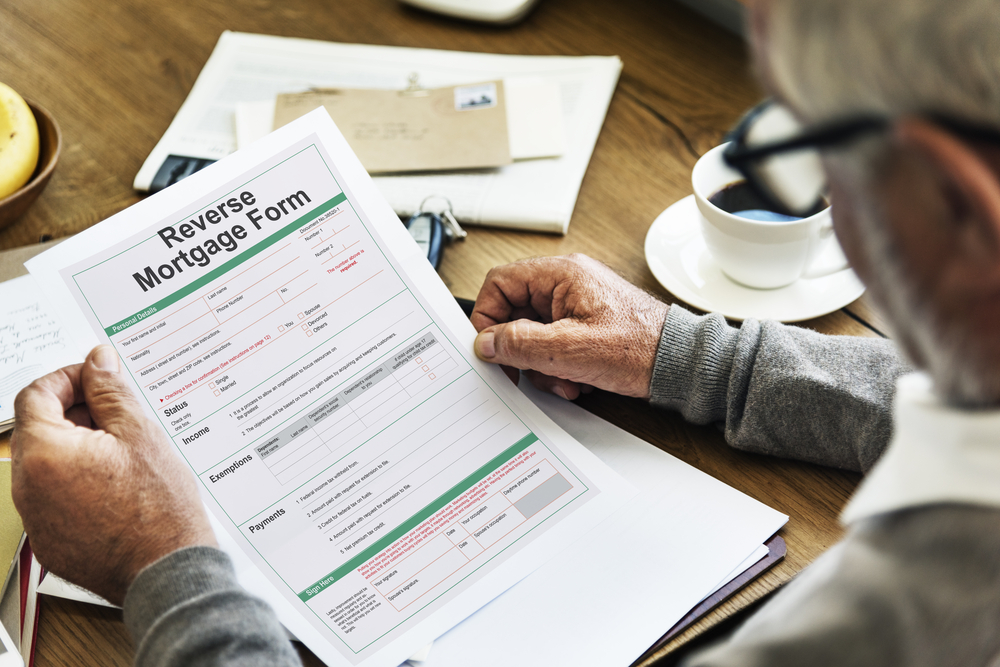Assessing the pros and cons of a reverse mortgage for seniors 62+.
A reverse mortgage is a profitable decision for some homeowners aged 62 and up with a decent amount of equity in their home. A reverse mortgage is a way for these homeowners to reap the benefits of pulling equity from property as retirees. While most traditional loan types require good credit and stable income, a reverse mortgage does not because it recognizes retirees as prime candidates.
With a reverse mortgage, the homeowner does not have the burden of monthly payments as the loan is set to be repaid when the homeowner eventually moves out or passes away. While monthly payments are an option, one of the main benefits of taking out a reverse mortgage is the freedom from worry. This process is a good way for those 62 and older to have access to stable cash flow when they have limited assets.
There is always a risk to assess when taking out a loan. By taking out a reverse mortgage, it means the homeowner will be spending a large amount of their accumulated equity on interest and other loan fees, meaning the owner will likely not be able to leave the property to their children. However, the heirs are allowed to pay off the mortgage when the owner passes to keep the home in the family. Heirs to the owner must be given a few months to decide if they want to keep the home, and the lender is prohibited from collecting from the heirs in the event the property results in a loss.
To qualify for a reverse mortgage, aside from being over the age of 62, a candidate must either own their home outright, or have a considerable amount of equity (above 50%) in said property. Also, there are upfront fees and insurance premiums for candidates to consider.
